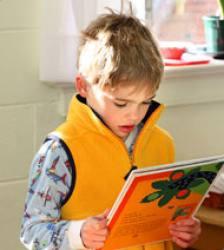Understanding the Complexities of Scarsdale’s Special Education Program
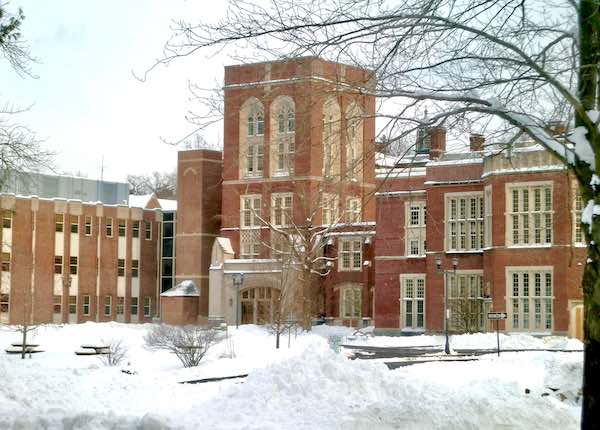
With a $2mm budget gap to fill to keep the 2026-27 Scarsdale School budget below the tax cap, and a $101.7mm school bond vote scheduled for May, the district, the...
Read moreVillage Voices
Latimer Introduces Bil to Prevent the Pr…
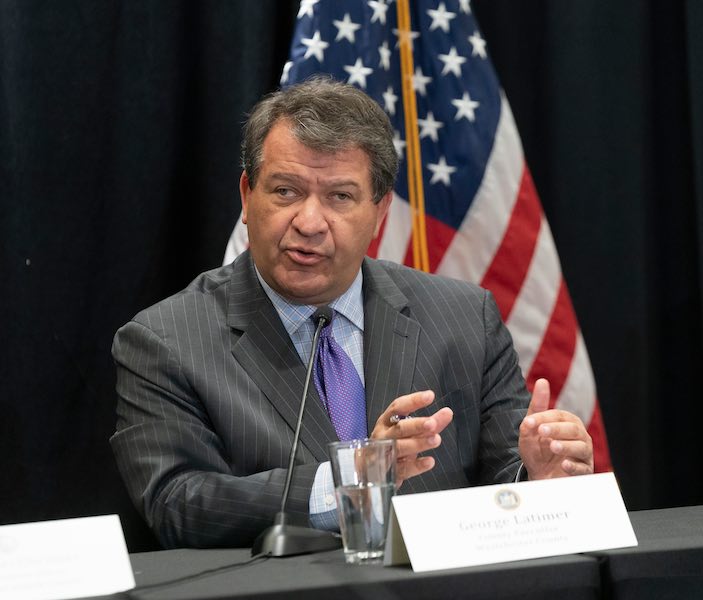
Congressman George Latimer (D-NY) introduced the Protecting Our Integrity and Nation from Tyranny (POINT) Act, legislation to prevent the...
Read moreGood Work
Wendy MacMillan to be Honored by Scarsdale Edgemont Family Counseling Service
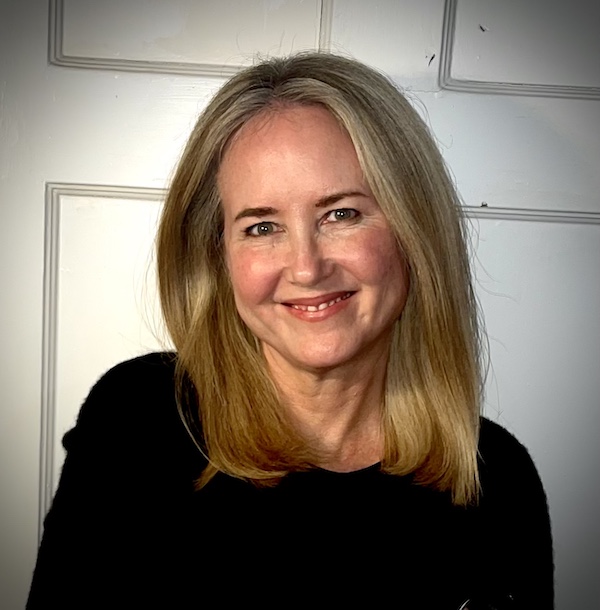
Wendy MacMillan to Receive Rising Star Award at the SFCS 2026 Annual Benefit Gala on Thursday, May 14...
Read moreSchool News
Understanding the Complexities of Scarsdale’s Special Education Program

With a $2mm budget gap to fill to keep the 2026-27 Scarsdale School budget below the tax cap...
Read moreShout It Out
Scarsdale’s Revolutionary Transition: Historical Society Presentation Set for March 16
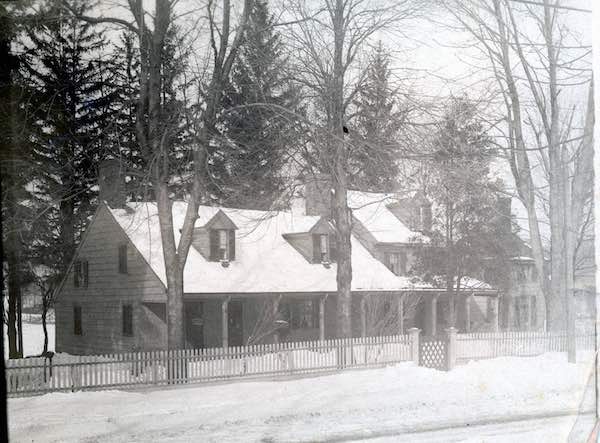
Wayside Cottage in the snow, undated. The cottage is one of Scarsdale's oldest existing landmarks dating back to...
Read moreParenting
WCDC LEGO Robotics Teams Sweep Hudson Valley Championship; Announces Summer 2026 “AI Revolution” Camp to Empower the Next Generation of…
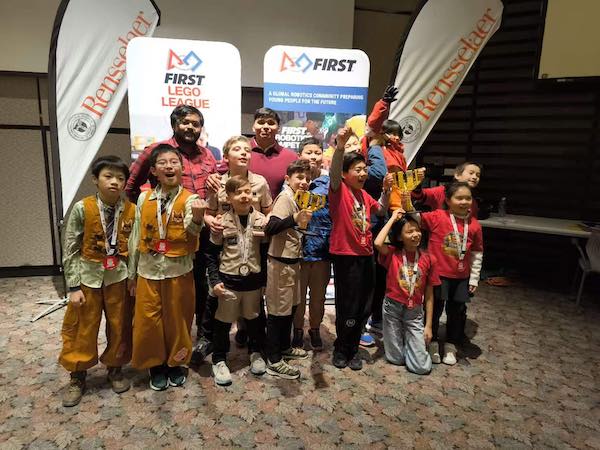
(This is sponsored content from The Westchester Child Development Center) The Westchester Child Development Center (WCDC) is celebrating a...
Read moreAround Town
Letter to the Editor: In Opposition to Artificial Turf
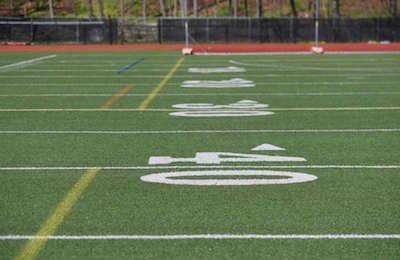
Dear Superintendent Patrick, Members of the Board of Education, Mayor Arest, Deputy Mayor Gruenberg and Trustees, I am writing...
Read moreNeighborhood News
JCC Mid-Westchester Celebrates Community, Culture and Connection on Sunday March 8: You're Invited

On Sunday, March 8, from 4:30 to 7:00 PM, the JCC Mid-Westchester in Scarsdale will celebrate 70 years...
Read moreOn Our Minds
Candidate for Village Trustee Scott Silberfein Has a Passion for the Job
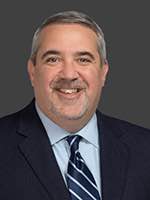
Former Scarsdale School Board member and longtime Scarsdale resident Scott Silberfein is on the ballot for Scarsdale Village...
Read moreOn Our Radar
Recycling Tip of the Week: Recycle Your Batteries--Do NOT Place them in Curbside Recycling or in the Trash
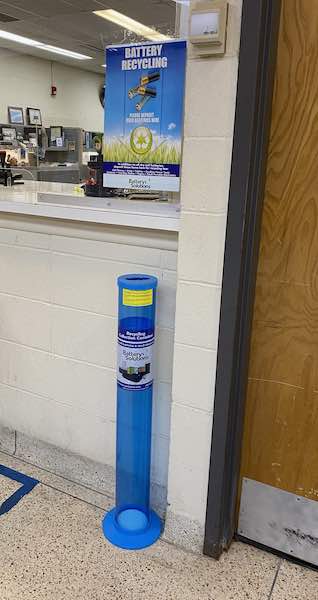
Batteries, including alkaline, lithium and button batteries (used in watches and hearing aids), can be brought to the...
Read moreEvents
Navigating Tariff Uncertainty: Why Coaching Matters for Small Businesses
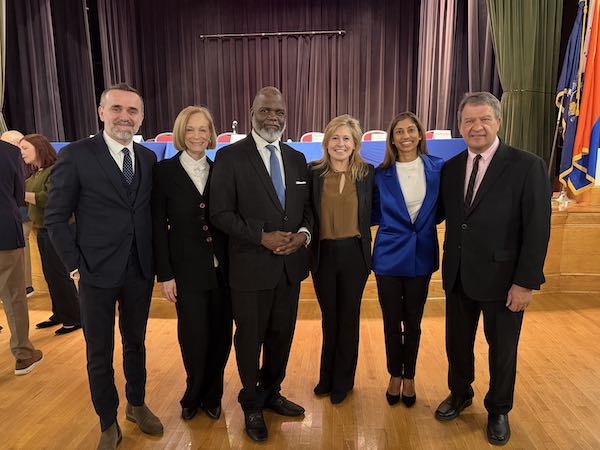
Valon Nikci, Elaine Handrickx, Mark McLean, Jane Veron, Meena Thever, George LatimerSubmitted by Jane Veron, Co-Founder and CEO...
Read moreSchools
District Struggles to Resolve $1.96mm Budget Gap
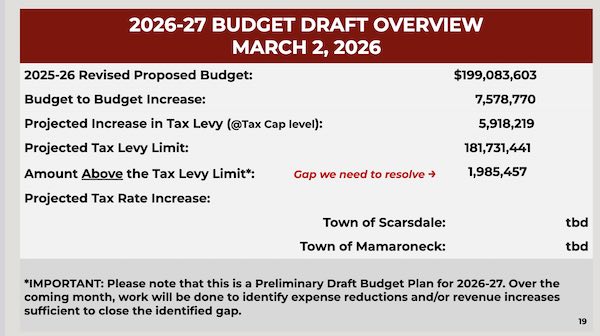
The Scarsdale Board of Education held their Budget Study Session #2 on Monday, March 2nd and reviewed a...
Read moreThe Goods
Neighbors Save 21 Cambridge Road from Demolition

21 Cambridge RoadThe intervention of neighbors saved a 1924 Colonial Revival home at 21 Cambridge Road from demolition...
Read moreReal Estate
A Hint of Spring and a Warming Scarsdale & Edgemont Housing Market

As temperatures finally edged upward this week, the local housing market offered its own hint that spring may...
Read moreTodays News
Police Report: $1,200 Coin Stolen from Package, Fraudulent Prescriptions and Kids Doing Donuts

Photo Credit: Shelley GrafsteinStolen: A resident walked into headquarters to report that he ordered a collectible coin valued...
Read moreArts and Entertainment
Indian Fare with a Modern Twist
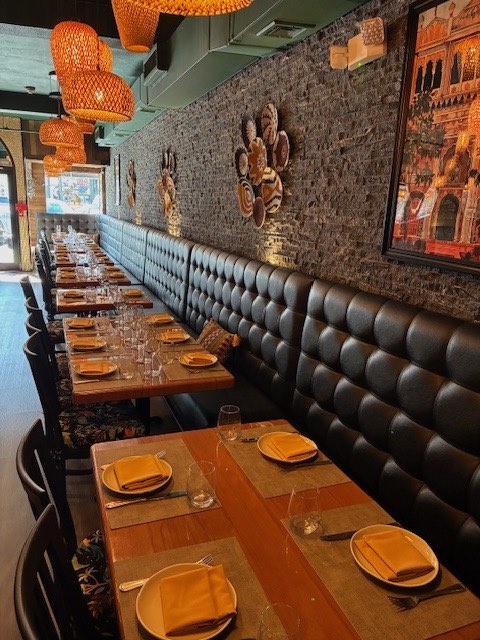
Running down Mamaroneck Avenue to the movies on another frigid night in January we noticed the warm glow...
Read morePeople
Join the Celebration: Invitations Now Available for the 2026 Scarsdale Bowl Dinner
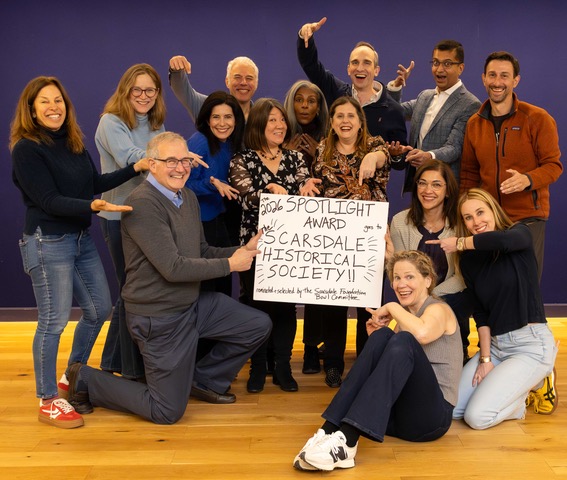
(Submitted by the Scarsdale Bowl Committee)The annual Scarsdale Bowl Dinner is a celebration of the spirit of volunteerism...
Read moreHealth
What Parents Can Expect From Fetal Echocardiography

Pregnancy is full of excitement – and sometimes worry. If an ultrasound raises questions about a baby’s heart...
Read morePhoto Opps
Scarsdale Digs Out a Foot and Half of Snow

A record snowstorm hit Scarsdale on Sunday afternoon February 22, paralyzing the Village, the County and even the...
Read more







